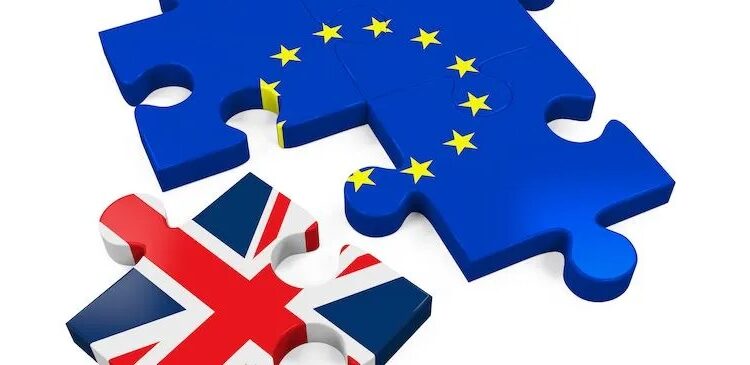Brexit, a portmanteau of “Britain” and “exit,” refers to the United Kingdom’s (UK) departure from the European Union (EU), a process that has profoundly impacted the political and economic landscape of both entities. The journey towards Brexit began with a referendum held on June 23, 2016, in which 51.9% of the participating UK electorate voted to leave the EU, against 48.1% who voted to remain. This decision marked the start of a complex and often contentious process of disentangling the UK from the EU, an organization it had been a part of since 1973.
One of the core arguments for Brexit was the assertion of sovereignty. Proponents claimed that leaving the EU would allow the UK to regain control over its laws, borders, and immigration policies, which they argued had been excessively influenced by EU regulations and the principle of free movement within the EU. Economic arguments also featured prominently, with Brexit supporters believing that the UK could negotiate more favorable trade deals independently than as part of the EU.
Conversely, those advocating for remaining in the EU warned of economic downturns, loss of global influence, and potential disruptions to the peace process in Northern Ireland. The potential for significant economic instability was underscored by numerous economic analyses predicting slower growth and reduced foreign investment.
The formal process of leaving the EU began on March 29, 2017, when Prime Minister Theresa May triggered Article 50 of the Lisbon Treaty. However, negotiating the terms of exit proved to be a herculean task, marked by prolonged debates and political turmoil. May’s proposed withdrawal agreement faced multiple rejections in Parliament, leading to her resignation in July 2019. Boris Johnson succeeded her, and his government managed to renegotiate parts of the agreement, particularly the contentious Irish backstop, which aimed to prevent a hard border between Northern Ireland and the Republic of Ireland.
The revised deal was passed by the UK Parliament, and on January 31, 2020, the UK officially left the EU, entering a transition period during which it continued to follow EU rules while negotiating future relations. This period ended on December 31, 2020, culminating in a last-minute trade deal that defined the new economic and legal framework between the UK and the EU.
Brexit’s ramifications continue to unfold, influencing everything from trade and immigration to political unity within the UK itself, particularly with renewed discussions about Scottish independence. As the UK navigates its post-Brexit reality, the long-term effects on its global standing and internal cohesion remain subjects of intense debate and analysis.
newshub








Recent Comments